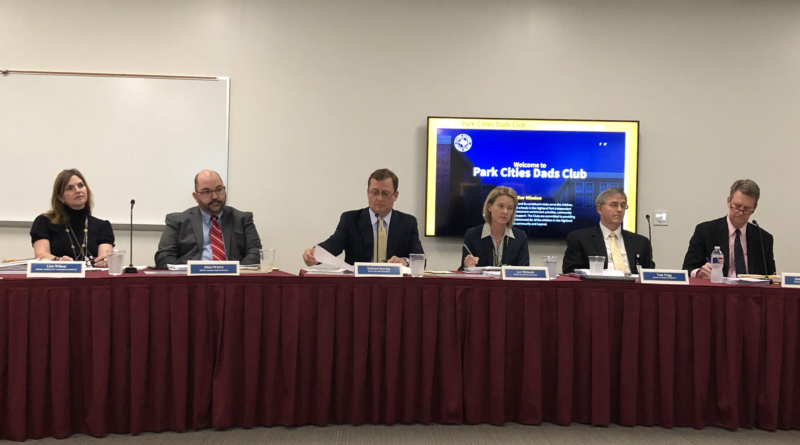HPISD Forms Team To Improve Services For Students With Dyslexia
Highland Park ISD is forming a team that will determine over the next few months how the district can best support students with dyslexia.
Dyslexia is defined by the Texas Education Agency as a specific learning disability characterized by difficulties with accurate and/or fluent word recognition and poor spelling or decoding abilities.
Team members will include representatives from dyslexia therapists, evaluation staff, teachers, campus administrators, and district office administrators. The team will consult with experts, seek input from parents, and gather data to develop a plan that is expected to be in place by the 2020-21 school year.
“The number of students identified with dyslexia in HPISD has nearly doubled in the last four years,” assistant superintendent for education services Lisa Wilson said in a March 3 district newsletter. “While our staff has taken significant steps to improve how we serve students with dyslexia, there is more that we can do. We plan to research best practices from other schools and districts, receive input from parents, and hear from experts on how best to serve our students with dyslexia.”
Specifically, the team will develop a professional learning plan to include training to help district teachers better serve students with dyslexia. In addition, it will create a menu of strategies, supported by research, that teachers will be able to access for students who need additional help prior to or beyond the Take Flight intervention program provided by the district.
The Take Flight program is an intervention program for students with dyslexia developed by the Luke Waites Center for Dyslexia and Learning Differences in Dallas that’s offered at each HPISD campus. Instruction in the program is administered by a trained dyslexia/reading specialist.
The new team is expected to provide an update on its progress to the board in May. In addition to the work of the team, the district will update its website to include more detailed information about dyslexia services.
“We recognize that the various services provided to students with dyslexia may be confusing to parents, so it is important for us to offer support and clarity,” Wilson continued. “Our ultimate goal is to help both parents and teachers understand the ways they can best support students who face these challenges.”









